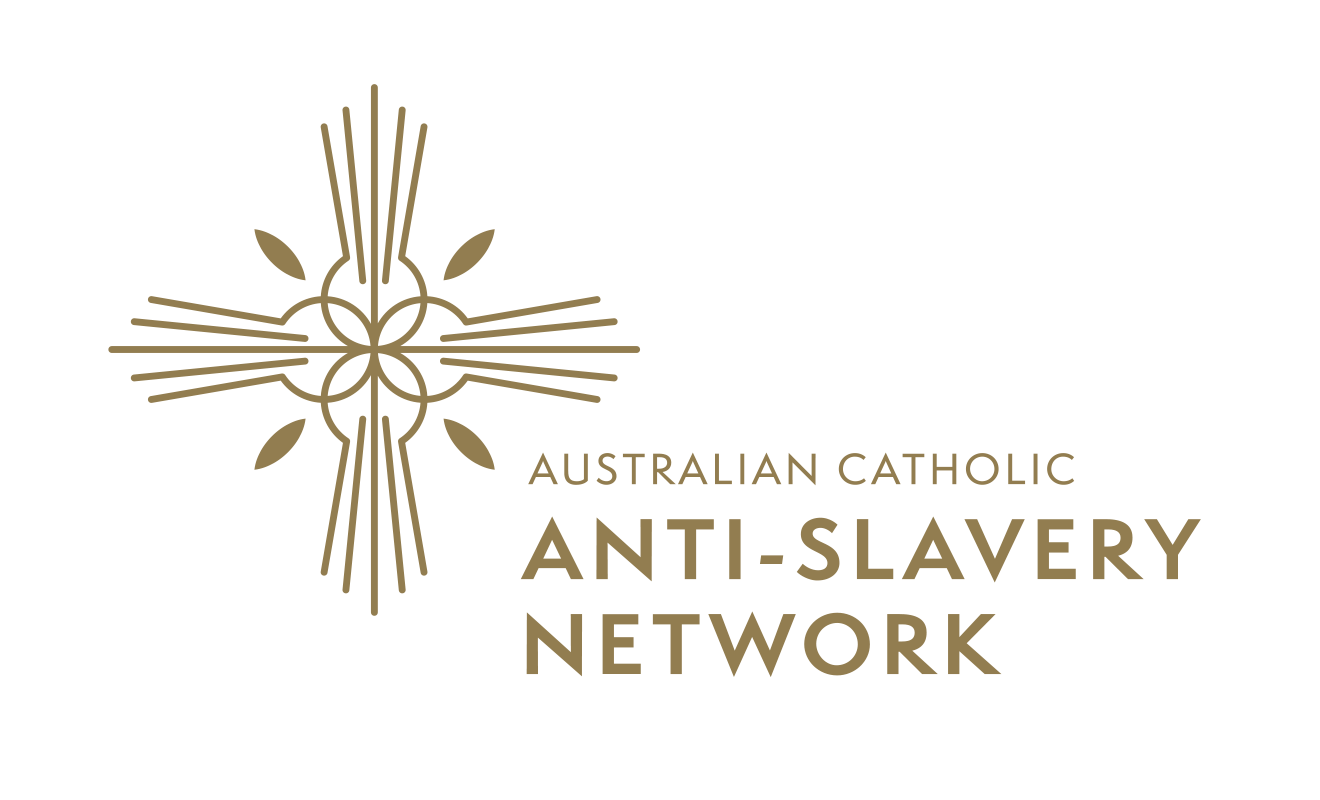Catholic schools response to the Modern Slavery Act 2018
An address from John McCarthy KC at the Catholic Schools NSW Education Law Symposium 2022
Thank you for the invitation to speak today about the Catholic schools response to the Commonwealth Modern Slavery Act 2018.
I’d also like to thank many representatives here today of the 23 school systems for your participation in ACAN.
Your school systems are at various stages of evolution of anti-slavery activity. Some are months away from drafting a third Modern Slavery Statement. Others will commence the modern slavery risk management program in January 2023 and meet reporting requirements thereafter.
I strongly commend to you, the executive summary, of the second ACAN Compendium of Modern Slavery Statements.
The ACAN Compendium offers a snapshot of Catholic endeavours in 2021 towards our ongoing challenge to help create what the Holy Father refers to as a ‘care economy’:
a mindset and structures that put people rather than profits at the centre of things;
a commitment to fighting for the common good and not just our personal interests;
a practice of justice, compassion and decency that demonstrates a deep reverence for others
and the steady implementation of Catholic Social Doctrine
Today I must emphasise that compliance with the Modern Slavery Act requires much more than other annual reporting obligations. Every annual Modern Slavery Statement must address in detail, seven mandatory reporting criteria, including measuring the effectiveness of actions taken to address risk. There is a statutory requirement to demonstrate continuous improvement.
Catholic Modern Slavery Statements, presently reviewed as part of inclusion in the ACAN Compendium, show there is much work still to be done. Professional responsibility for this work resides with school’s legal officers. Catholic schools must embed modern slavery risk management from policy to procedure and into everyday procurement practice.
Supplier engagement is a key activity for Modern Slavery Statement reporting. This work represents the most significant challenge for every school system. Catholic schools have unprecedented access to expertise in all facets of modern slavery from supply chain mapping to remediation and case management.
Through ACAN, school leadership has access to Online Learning Modules, tools and resources to help navigate these complexities.
To borrow the words of Anthony Fisher OP, Archbishop of Sydney, in reference to ACAN:
“we are being given the means to walk our talk about human dignity in our agencies day to day. As important as resources, programmes, expertise, laws and reporting are, they can only take us so far. For these things to really work requires spiritual, moral and cultural conviction, that, slavery is unacceptable. This in turn requires a real dedication by leaders and staff to such change. We must be intentional about this, not regarding anti-slavery as a tick-a-box exercise in minimalist compliance but as a defining commitment without which we could not in conscience engage in our many activities; not as something only to trouble the business manager or mission officer, but as everyone’s concern. Pope Francis reminds us that the anti-slavery challenge demands patience, perseverance and courage from each one of us.”
The Archbishop has spoken of his expectations in these terms:
“My hope is that there will be a time in the not-too-distant future where we can walk into any Catholic institution or ministry and be confident that every element of their operation, from the sourcing of products like uniforms, equipment, IT components and building materials … are free from any ties to modern slavery whatsoever.”
We look forward to your leadership and continued support in the years to 2030, when we hope and pray that modern slavery will be ended in our generation.
May St Josephine Bakhita guide us and pray for us in all our work.

